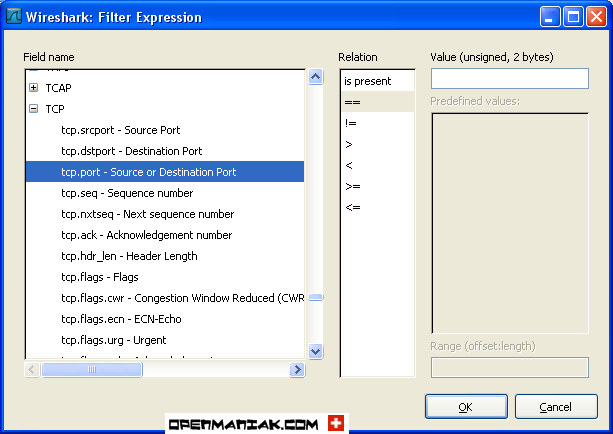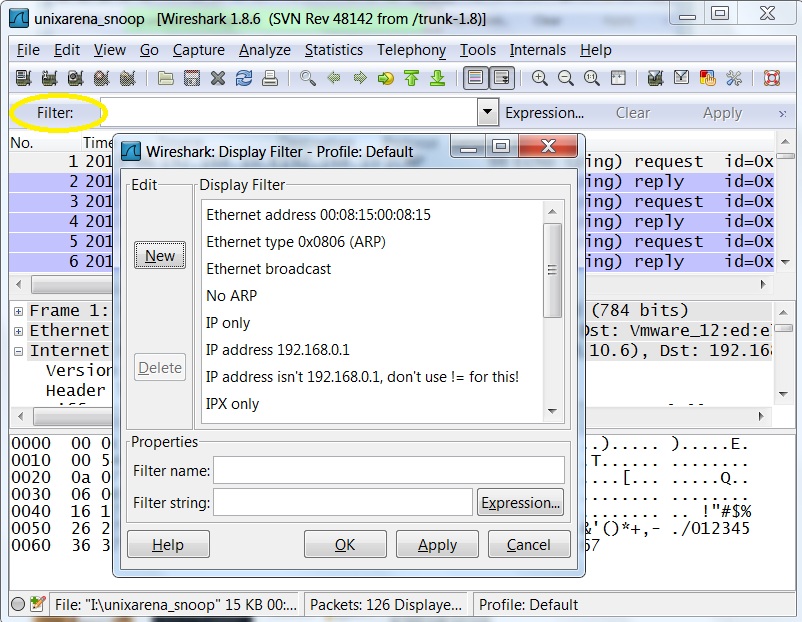
Packet by packet, this "machine" is asked, if this particular packet should be shown or not.When a host is infected or otherwise compromised, security professionals need to quickly review packet captures (pcaps) of suspicious network traffic to identify affected hosts and users.

It is also possible combining multiple filters by using the AND- and OR operands: From this window, the available filter expressions and conditions can be selected. The filter strings, written in a special display filter language are entered in the "filter field" (green region in the picture below) of Wireshark:īy pressing the "Expressions" button, the following window shows up. Below a small selection of the most used fields: The plugin for dissecting (interpreting) Ether-S-Bus traffic offers a wide range of telegram properties and filter conditions. The display filter will not affect the data captured, it will only select which packets of the captured data are displayed on the screen.

Telegrams that do not match the filter are not stored to the capture file! Please refer to FAQ 100224 for more information.įiltering the telegrams of a captured file based on the telegram contents (command code, presence of values etc.). Wireshark basically offer two different possibilities for filtering Ethernet traffic:įiltering while capturing based on the source/destination IP or the TCP/UDP ports used).


The Ether-S-Bus plugin allows filtering the captured telegrams based on one or several properties of the telegram such as the command code contained in the telegram and/or the value of a transmitted media etc.


 0 kommentar(er)
0 kommentar(er)
